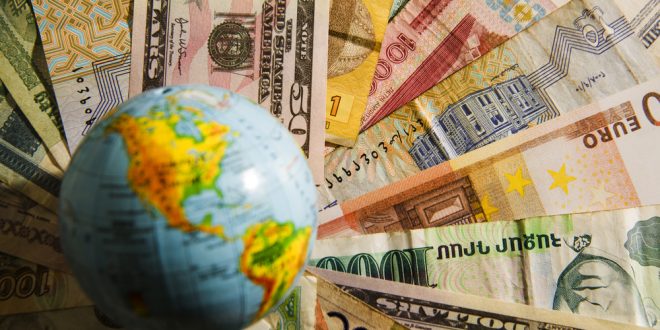Job growth in the United States slowed more than expected in June after a sharp increase in the previous month, but the labor market shortage persisted, with the unemployment rate falling from a seven-month high and relatively large wage increases continuing.
On Friday, the Labor Department said in its well-watched jobs report that private non-farm payrolls increased by 209,000 jobs last month. Data for the month of May was revised to show an increase in the number of jobs by 306,000 jobs, down from 339,000 as previously reported.
Economists had expected, in a Reuters poll, an increase in jobs of 225,000 jobs.
The economy needs to create 70,000 to 100,000 jobs a month to keep up with the increase in the working-age population in the United States.
The unemployment rate fell to 3.6 percent from 3.7 percent in May.
The dollar fell on Friday after signs of weakening US labor market strength slashed expectations for how long the Federal Reserve would keep interest rates high, but the yen jumped on fears that US benchmark 10-year Treasury yields would rise above 4 percent.
The US Labor Department said in a jobs report that the US economy created the fewest number of jobs in June in two and a half years. The report also showed that the number of jobs created in April and May was 110,000 fewer than previously reported.
And the yen jumped 1.33 percent against the dollar to 142.15 yen against the dollar, its highest level in two weeks against the US currency, as the increase in the US benchmark ten-year Treasury bonds by more than four percent fueled fears that Japan might intervene in the currency exchange markets, according to Jo. Manimbo who is a senior market analyst.
Strong economic data on the US economy sent short-term US Treasury yields to their highest level since 2007, reflecting expectations that the central bank may raise interest rates by 25 basis points on July 26 at the close of a two-day monetary policy meeting.
Japanese Labor Ministry data showed that regular wages posted their biggest annual increase in May since early 1995, boosting investor expectations that the Bank of Japan will adjust monetary easing policy sooner rather than later.
The dollar index fell 0.815 percent to 102.240, while the euro rose 0.76 percent to $1.0969 per euro.
The Australian dollar rose 0.8% to 0.6681 against the dollar, but it was still under pressure from weak economic data from China and the lack of risk appetite in the previous sessions.
The yuan in transactions outside China fell 0.4 percent to 7.2257 against the dollar.
The US Nonfarm Payrolls report is due out later in the day, while the US economy is expected to have added 225,000 jobs in June.
European stocks made slight gains on Friday after data showing slowing job growth in the United States eased some concerns about the Federal Reserve raising interest rates but provided little support to improve the worst weekly performance of the Stoxx 600 in nearly four months.
The pan-European STOXX 600 rose 0.1 percent, changing direction during the session after data showed that the US economy added the fewest jobs in two-and-a-half years in June.
However, the continuation of strong wage increases in the United States indicated a continuing shortage of workers in the market, which increases bets that the US Central Bank will resume raising interest rates later this month.
The STOXX 600 index fell 3.1 percent this week, its worst weekly performance since mid-March.
The chemicals sector index rose 1.6 percent on Friday.
Sectors including construction and raw materials, health care, and travel and tourism topped the weekly decline, each losing more than 4 percent, while the real estate index remained the only gainer, rising 0.4 percent during the week.
Russia’s Foreign Ministry said Minister Sergei Lavrov discussed the situation in Ukraine and the deal to export grain across the Black Sea in a phone call with his Turkish counterpart Hakan Fidan on Sunday.
Moscow is threatening to withdraw from the agreement, which allows for the safe export of grain and fertilizers from Ukrainian ports, due to the failure to meet a number of its demands related to its grain and fertilizer shipments. The agreement is set to expire on July 17.
Turkish President Recep Tayyip Erdogan said on Saturday he was pressuring Russia to extend the agreement, which Ankara and the United Nations brokered last year, for at least three months.
 Noor Trends News, Technical Analysis, Educational Tools and Recommendations
Noor Trends News, Technical Analysis, Educational Tools and Recommendations





